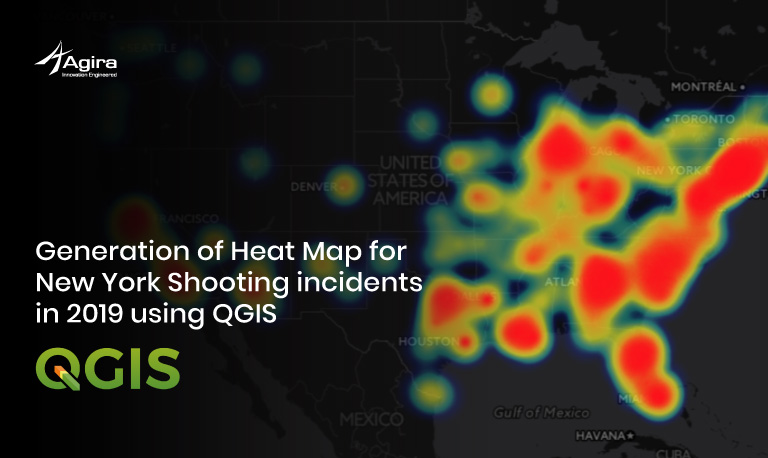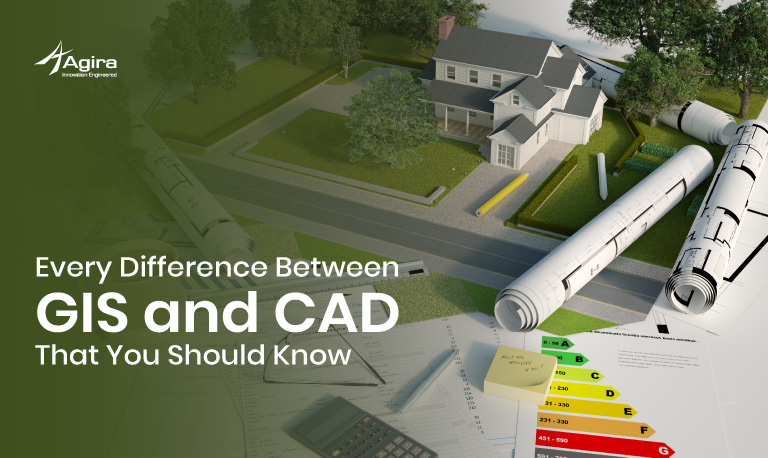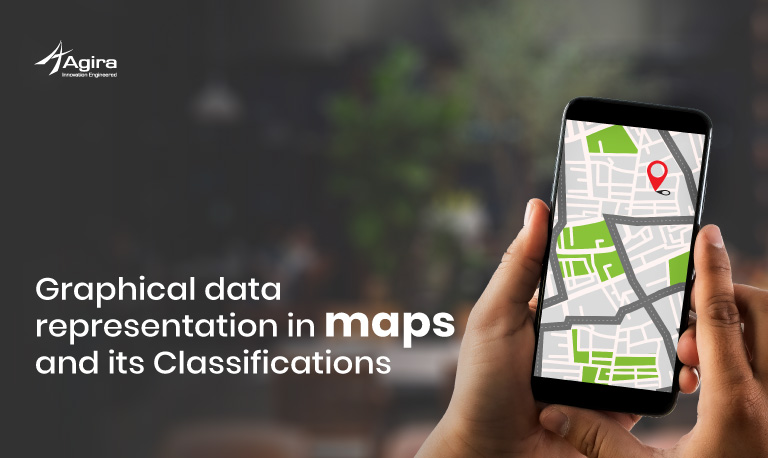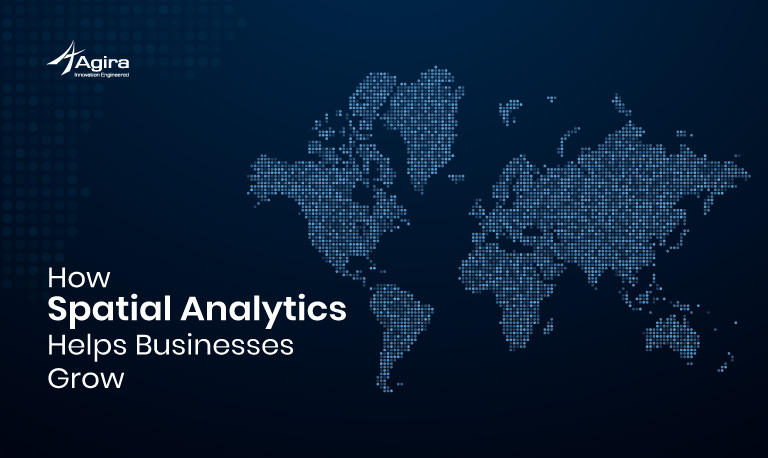Table of Contents
JOSM (Java OpenStreetMap Editor) is an open-source map editor for sharing & creating map information. Thousands of people can contribute to OSM and create projects every day. It will run as a separate application on your desktop. The notable thing about OSM maps is you can save them on the internet. So anyone can access it at any time.
Significant Features of JOSM
- Create new customized Layers.
- Create relation editing.
- It supports multiple cartographic projections.
- Import GPS Tracks
- Rendering aerial imagery(Bing, Esri, Mapbox, Maxar, etc.)
- Working with web maps(WMS, TMS, WMTS)
- Data validation tools database contains all the location information and attributes about every single geographic feature in all of OpenStreetMap.
- Data filtering
- Online & offline mode of work
- Presets & rendering styles
- 200 more keyboard shortcuts
- Plugins(Wikipedia links, 3D street view, etc.)
- Available in 16 languages
How OSM Works?
Thousands of users from all around the world add or edit the data in OSM. All of the changes are updated in the central OpenStreetMap server. This server is a massive database, and it holds the location & attribute information of every single & small geographic feature in all of OSM.
Getting Data From OSM
Downloading Data Extracts
1.GeoFabrik
GeoFabrik is working with OpenStreetMap. It provides a variety of data in shapefile and raw osm format on its website. You can download that data on their website. The advantage of geofabrik data is updated every day, and it is easy & reliable. The disadvantage is that you can download the data country-wise only and is not available for all countries.
2. BBBike
BBBike provides a variety of data in shapefile or raw OSM format for cities all over the world. The data is updated weekly once.
Customized Data Extracts
- HOT Exports
You select the area that you want to extract from the Hot exports website. And using the JOSM presets, select the tags you want to include in the extract.
- BBBike
You can select the area from any part of the world and extract it using the BBBike website. The amount of download data is limited, and you are not able to customize the tags.
- Overpass API
Overpass API is used to extract data from the central OSM server. Your obtained data was customized using a query language. You can use the API directly by Https requests or using an overpass-turbo interface.
- Overpass Turbo
Overpass Turbo is an interactive query generator. If you are new to the query language, the wizard window will help you to get started. OSM wiki provides the syntax of the queries along with the collection of examples.
File Formats
- .OSM File format
The .osm file format is specially designed for open StreetMap. You can download the data in JOSM and save it as an extension .osm. Using GIS software, you can open the .osm file. Why .osm file format specially designed for OpenStreetMap?. One can easily send and receive the data in a standard format across the internet. Hence .osm files contain geographic data in a structured format, and it is coded in XML. So you can view the files in a simple text editor also. And .osm file format is not suitable for map design & analysis. If you are doing the map design/analysis, change the file format before doing the work.
- Shapefile Format
For storing vector data, the shapefile is widely used, and ESRI develops it. It is designed to hold one feature type (point, polyline & polygon), and each feature has attribute information in table format. In OSM, every object/feature had an ‘n’ number of tags. The osm feature attributes must fit into the shapefile format. You can convert the .osm to shapefile through websites or GIS software.
- Database – (PostgreSQL, SQLite)
Many types of information are stored in the database. It provides a logical way of organizing & accessing the data. OpenStreetMap is stored in PostgreSQL database with PostGIS extension. For fast data access, you use this type of database, and several tools are available to import the raw .osm data into the PostgreSQL database.
Another database is SQLite, which is similar to PostgreSQL. It does not require database software to run. All the data is stored in a single file. So it is suitable for handling small data sets.
Talk To Experts
Get end-to-end web application development solutions for an unparalleled back-end and front-end experience. With our top-of-the-line technology expertise, We have been entitled to prestigious titles and awards as the best software development company that caters to industries and clients worldwide.










